Hisle made his mark in MLB and as a humanitarian
Larry Hisle
November 27, 2022
Larry Hisle is a former Major League Baseball (MLB) player, humanitarian and philanthropist who grew up in Portsmouth. He is also, notably, the person for whom the newly constructed Hisle Park Apartments in Portsmouth is named. The honor connects Hisle’s lifelong work with children and teenagers to the complex’s mission to provide housing for young adults aging out of foster care.
In anticipation of December opening of the apartment complex, the Chronicle spoke with Hisle about the most important stages of his life and what he is most proud of.
Larry Eugene Hisle was born on May 5, 1947, in Portsmouth. His mother was a huge baseball fan and even named Larry after Lawrence Eugene “Larry” Doby, who was the second Black player (following Jackie Robinson) to play in the MLB. Unfortunately, when Hisle was only 10, his father suffered a debilitating brain injury and his mother died a few months later. Hisle said the biggest pain in his life has been the fact that his parents were not there to see his achievements.
The greatest achievement of his youth was when he was the first player in Portsmouth High School history to score a career 1,000 points for the basketball team, an incredible feat marred with his sadness that his mother wasn’t there to see it. From a young age, Hisle promised himself that he would always “make my mom prouder of me than I am of her.” He noted that this turned out to be an impossible promise to keep because he was so very proud of his mother that he could never make her more proud in comparison.
The biggest decision Hisle made after high school was the decision to continue to play baseball rather than basketball. He said that in his childhood and teenage years in Portsmouth he had access to the best coaches, best equipment and the some of the best competition in the country. (He played with and against future Major Leaguers Al Oliver and Gene Tenace, among others.) That experience pushed him to be better and better at whatever he chose to do.
Portsmouth is not the same as it was when Hisle was growing up, and he said that he understands that kids nowadays do not have the same opportunities he had. When asked what he would say to kids now who have the same hopes for success as he had, he said: “Our circumstances do not dictate our future.” Hisle’s stance is that, in general, life is a series of choices. He said he did “everything humanly possible to enjoy my decisions,” and he implores everyone else to do the same.
He was 20 years old when he played his first game in Major League Baseball. After an incredible rookie season, he went into a “sophomore slump” that almost ended his career. Hisle was sent to the minor leagues but refused to let this hurdle trip him. Hisle said he was “the first to come, last to leave” in regards to practice. He committed to “never let anything take something away from him” and worked harder than ever before to make it back to the major league. Throughout his entire MLB career, his perseverance was something he maintained and a continued source of his greatest pride. For any aspiring athletes or anyone trying to accomplish anything, Hisle said: “Focus on failure. Do not be afraid. Learn from it.”
In 1978, while Hisle was still in the MLB, he said he remembers speaking with a local judge in Milwaukee at a dinner. Hisle had contributed to humanitarian efforts during his MLB career, but his main focus at the time was still baseball, helping whenever he could. The judge spoke to Hisle about his concerns regarding the “difficult challenges” children were going through in juvenile court and the sentences they received, like community service. Hisle knew he had to do something to help, so he decided to make his work with young people more of a priority than it previously had been for him.
After retiring in 1982, Hisle went all in on the support he saw necessary to help these children in need around Milwaukee. Hisle said he refuses to give up on anyone he chooses to support. Some of them have made mistakes and found themselves in juvenile detention, but this never interfered with Hisle’s commitment. He visited them while they were incarcerated and would see them through their sentence to make sure that once they were out, they could become productive members of society. For decades, Hisle said his purpose has been to help the youth.
His wife Sheila Hisle confirms his dedication. “He works harder before meeting a new child in need than he worked in the MLB,” she said, and that is saying something.
He said takes pride in many memories of his work with children and teenagers, and that it is “impossible to choose one” that is most significant to him. However, there is one that drove him to keep going even when he felt like he could not. Hisle tells the story of a “most delightful young man” who had cancer. This young man developed a strong attachment to Hisle and asked him to come see him in the hospital. When Hisle arrived, the young man introduced Hisle to his oncologist as his father. Hisle said he remembers the oncologist’s eyes “getting pretty big” and it being a funny moment due to the visible difference between Hisle’s race and that of the white young man. The young man died shortly after the visit.
“I felt like I couldn’t do this anymore; the pain was a lot,” Hisle said of his feelings as he traveled to the young man’s funeral. As these thoughts were running through his brain, he said he got a phone call. Someone from the hospital was on the other end of the line, explaining that there was a girl who needed help and support. After that call, he said, he knew “he could never stop,” and continues to help and support children in need to this day.
Both Hisle and Portsmouth have never forgotten each other, as is evident in the Hisle Park Apartments, developed by the Portsmouth Municipality Housing Authority.
“It is the greatest compliment I could receive,” Hisle said of having his name attached to the complex. “It is an honor. … Everyone deserves to live a meaningful existence in the greatest country in the world.”
With many tragedies behind him and multiple hurdles jumped, Hisle has emerged from his trials and tribulations as a beacon of support and understanding for hundreds of children in need, as well as the people of Portsmouth.
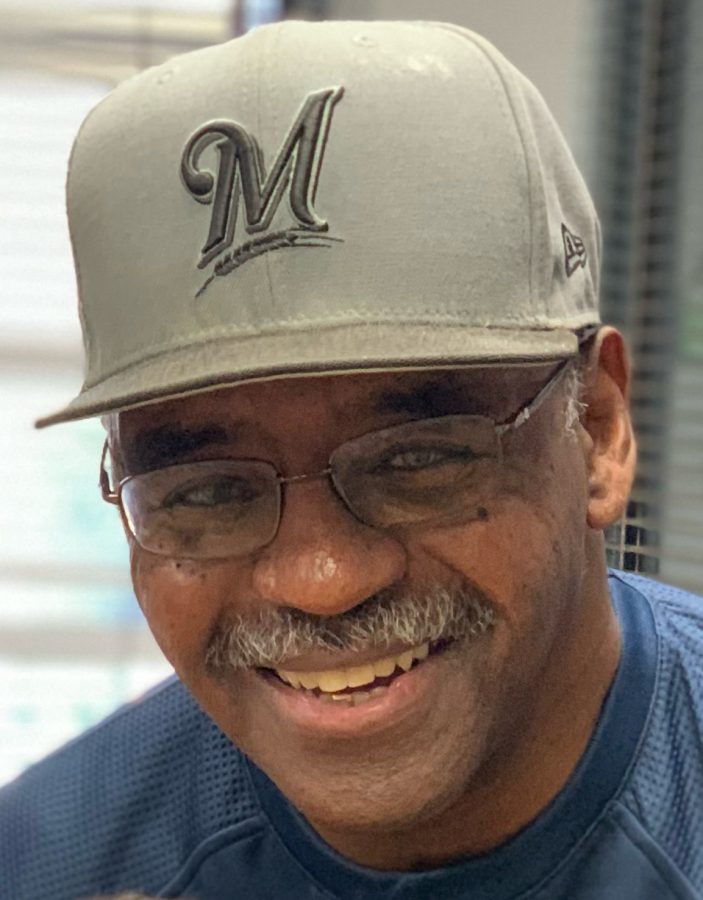

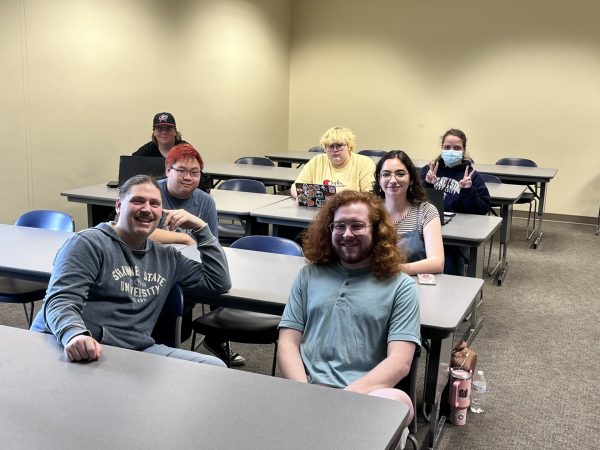
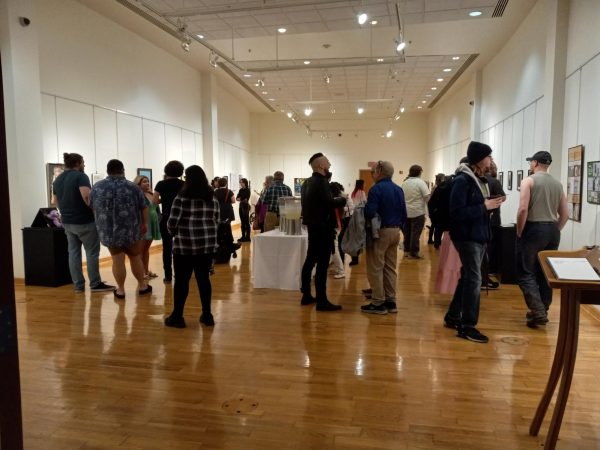
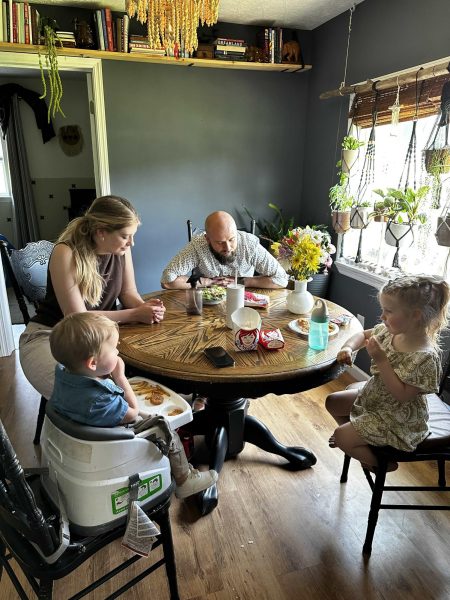
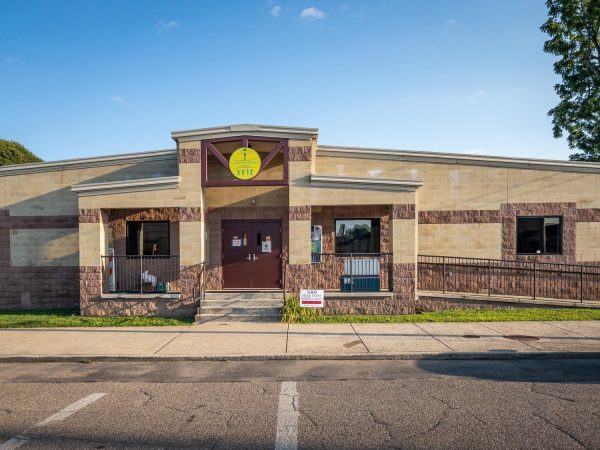
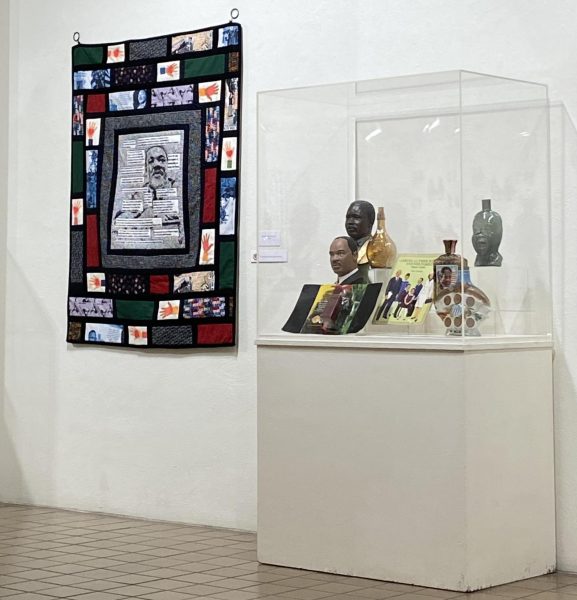
Kaye Kramer Osborne • Dec 3, 2022 at 8:21 pm
I am proud to say Larry Hisle was a friend of mine in high school. I am so proud of his accomplishments.
Joe Jones • Dec 3, 2022 at 8:18 pm
Larry Hisle is one of the nicest guys that I have ever met.
MaryAnn Kelso • Dec 3, 2022 at 6:42 pm
I had the privilege of going to high school and sharing the same homeroom with Larry. We both graduated in 1965. He was always polite and courteous to everyone. Even though he was an outstanding athlete, he was the most modest in all he did. I certainly am not surprised at all the humanitarian events with which he has been involved. May he continue to spread the light of compassion. He is a shining star from Portsmouth!